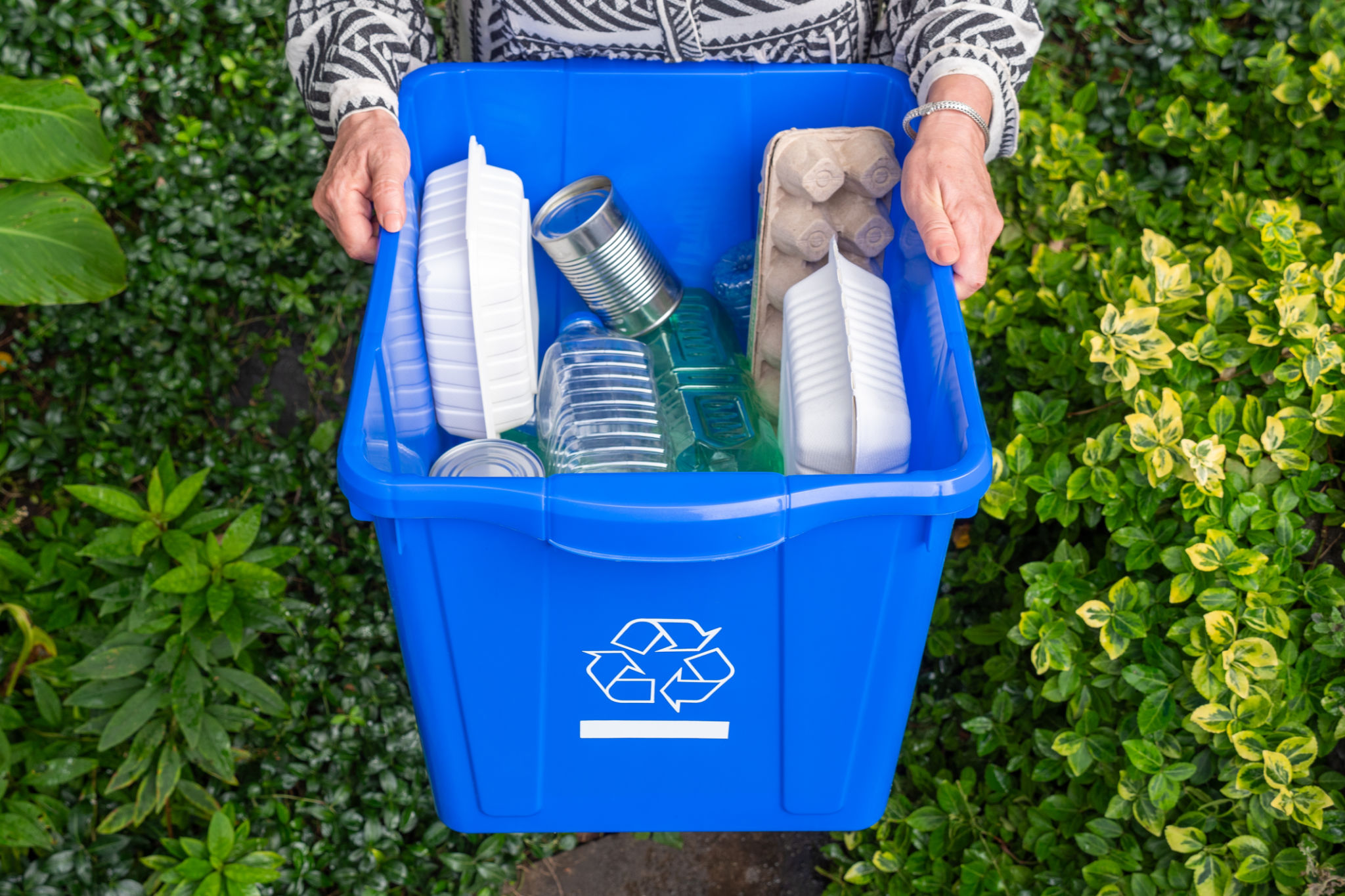A Case Study: Successful Hazardous Waste Management in Manila
Introduction to Hazardous Waste Management in Manila
In recent years, hazardous waste management has become a critical concern for urban centers around the globe. Manila, with its dense population and rapid industrialization, faces significant challenges in this area. However, a new initiative has emerged as a beacon of hope, showcasing how effective strategies can lead to successful waste management solutions.

Understanding the Challenges
The primary challenge in Manila's hazardous waste management is the sheer volume of waste generated daily. Industries, hospitals, and households contribute to this growing problem. Poor infrastructure and insufficient facilities have historically hindered effective waste disposal, leading to environmental and health hazards.
Another critical issue is the lack of awareness and education among the public about the proper disposal of hazardous materials. Without adequate knowledge, many people unknowingly contribute to contamination and pollution.
Government Initiatives and Policies
Recognizing the urgency of the situation, the local government of Manila implemented several policies aimed at improving waste management. One notable policy is the mandatory segregation of hazardous waste at the source. This initiative requires businesses and households to separate hazardous materials from general waste, facilitating proper disposal.

Additionally, the government has invested in building state-of-the-art waste treatment facilities. These facilities are equipped with advanced technology to safely process and dispose of hazardous materials, minimizing environmental impact.
Community Involvement and Education
The success of Manila's hazardous waste management strategy can also be attributed to strong community involvement. Local organizations and NGOs have been instrumental in raising awareness and educating citizens about the importance of proper waste disposal.
Through workshops, seminars, and campaigns, these organizations have empowered residents to take an active role in managing waste. Community-driven initiatives, such as neighborhood clean-up drives, have also fostered a sense of responsibility and cooperation among citizens.

Partnerships with Private Sector
Collaboration with the private sector has played a crucial role in Manila's waste management success. Several companies have partnered with the government to develop sustainable waste disposal solutions. These partnerships have led to innovations such as biodegradable packaging and eco-friendly disposal methods.
- Biodegradable packaging initiatives
- Eco-friendly waste disposal methods
- Corporate social responsibility programs focused on sustainability
The Impact and Future Outlook
The positive impact of Manila's hazardous waste management efforts is evident in the reduced contamination levels and improved public health outcomes. The success of these initiatives serves as a model for other urban centers grappling with similar challenges.
Looking ahead, Manila aims to further enhance its waste management systems by embracing more innovative technologies and fostering greater international collaboration. The city is committed to creating a sustainable future for its residents and the environment.

As Manila continues to evolve its strategies for hazardous waste management, it remains a testament to what can be achieved through comprehensive planning, community engagement, and effective policy implementation.
